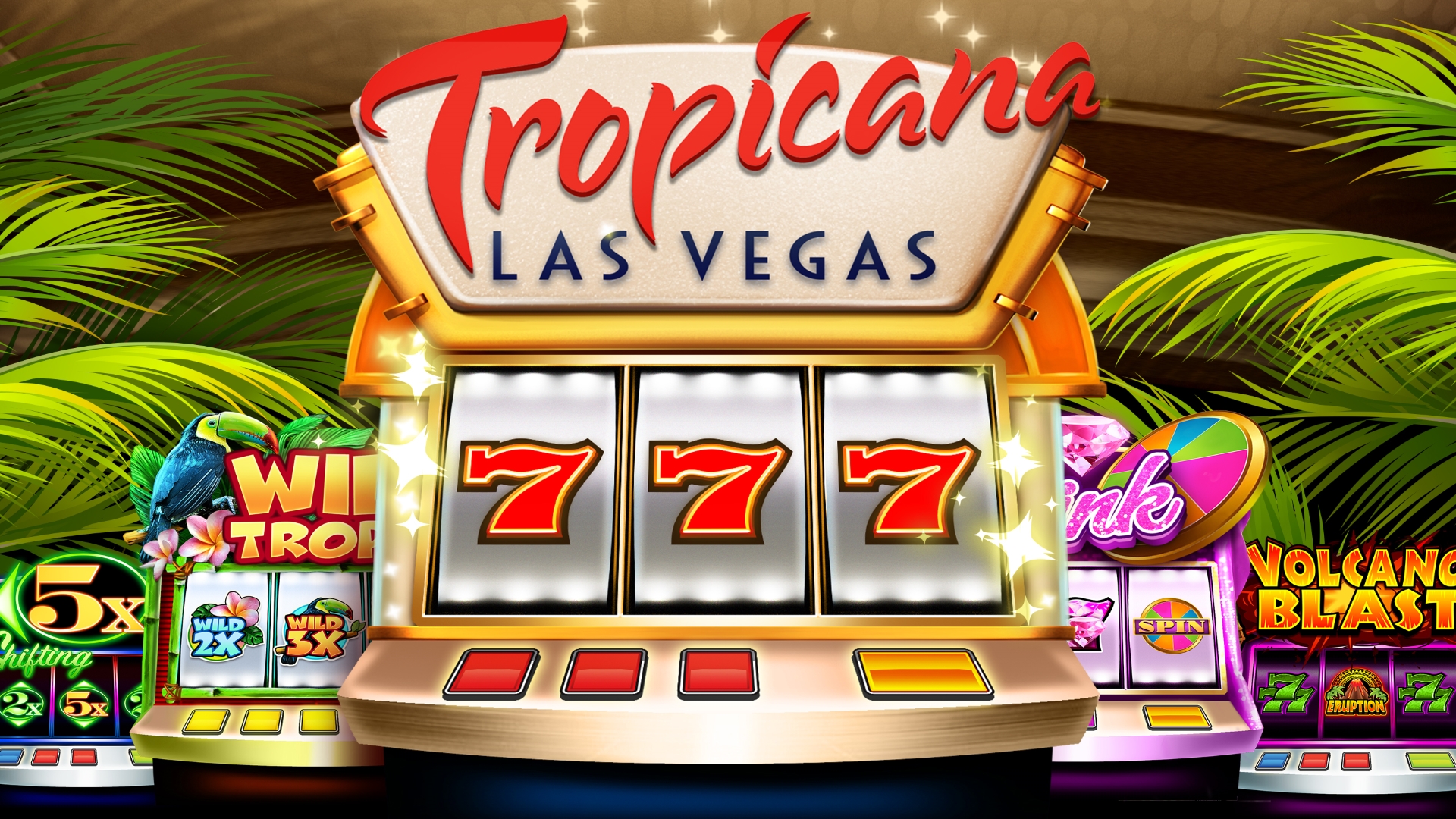
The Ethics of Marketing in Online Gambling
In recent years, the digital landscape has transformed the way we interact with various industries, including the world of gambling. Online Casibom Giriş gambling platforms have seen a surge in popularity, offering convenience and accessibility to players worldwide. However, with this convenience comes a myriad of ethical considerations, particularly concerning the marketing tactics employed by these platforms. The intersection of marketing and online gambling raises questions about transparency, responsible gaming, and the potential exploitation of vulnerable individuals. In this blog, we delve into the complex ethical issues surrounding marketing in the online gambling industry.
Transparency and Disclosure
One of the primary ethical concerns in online gambling marketing is transparency. Many online gambling platforms use sophisticated marketing strategies to attract customers, often highlighting the potential for large winnings while downplaying the risks involved. This lack of transparency can mislead consumers, especially those who may be susceptible to gambling addiction or unaware of the odds stacked against them.
Ethical marketing practices in online gambling should prioritize honesty and transparency. This includes providing clear information about the risks associated with gambling, such as the odds of winning and losing, as well as promoting responsible gaming behaviors. Additionally, online gambling platforms should disclose any affiliations or partnerships with third-party entities, ensuring that consumers are fully informed about potential biases in their marketing messages.
Responsible Gaming Initiatives
Another crucial aspect of ethical marketing in online gambling is the promotion of responsible gaming initiatives. Gambling addiction is a serious issue that can have devastating consequences for individuals and their families. Ethical online gambling operators should take proactive steps to prevent and mitigate problem gambling behavior.
Responsible gaming initiatives may include features such as self-exclusion programs, deposit limits, and reality checks to help players manage their gambling habits. In their marketing efforts, online gambling platforms should actively promote these initiatives and encourage players to gamble responsibly. This can help create a safer and more sustainable gaming environment while demonstrating a commitment to the well-being of their customers.
Targeting Vulnerable Individuals
One of the most contentious ethical dilemmas in online gambling marketing is the targeting of vulnerable individuals, such as minors or individuals with pre-existing gambling problems. Online gambling platforms often use targeted advertising techniques to reach specific demographics, which can inadvertently expose vulnerable individuals to potentially harmful content.
Ethical marketing practices dictate that online gambling operators must take measures to prevent the targeting of vulnerable individuals. This may involve implementing strict age verification procedures to prevent minors from accessing gambling sites and employing algorithms to identify and exclude individuals with a history of problem gambling. Additionally, online gambling platforms should refrain from using tactics that exploit psychological vulnerabilities or induce impulsive behavior in their marketing campaigns.
Regulatory Compliance
Finally, ethical marketing in online gambling must adhere to all relevant regulations and industry standards. Governments around the world have implemented strict regulations to govern the online gambling industry, including rules regarding advertising and promotion. Ethical online gambling operators should ensure compliance with these regulations to protect consumers and maintain the integrity of the industry.